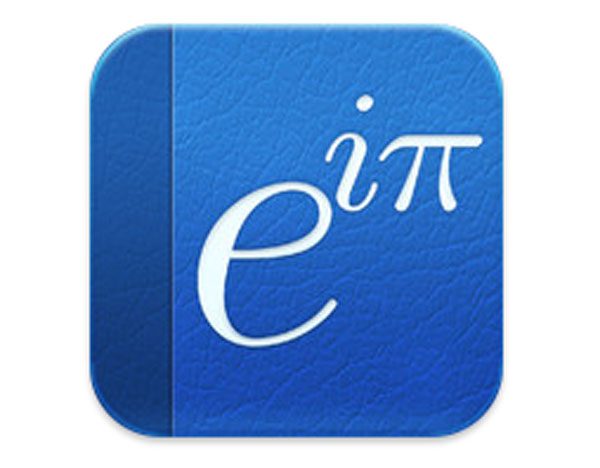In this digital age, it is clear that education is evolving. New technologies that were previously unavailable, like tablets and smart phones, are becoming common in the classroom so that students can apply their knowledge in different mediums. These innovations have the potential to take schooling to unprecedented levels in terms of what students can do with the new resources they have.
On Jan. 29, the district implemented a pilot that involves six classes at South receiving Google Nexus 7 tablets and Google Chromebooks to test out in the classroom. According to David Jakes, instructional technology coordinator, after the 12-week pilot is over, he and Ryan Bretag, his counterpart at North, will make a presentation to the Board of Education about their findings in the pilot. They will recommend whether or not to pursue a district-wide implementation of the devices.
According to Jeffrey Rylander, instructional supervisor of the Science Department, the pilot is designed so that students play a large part in determining the potential that each device has in aiding class activities.
While The Oracle Editorial Board sees the value in testing out the devices in a pilot and commends the district for its practice of proactively studying the effects of a potential change before implementation, we suggest that the pilot is conducted in the following ways in order to grasp a better understanding of their specific uses. These suggestions can apply not only for students participating in the pilot, but also any other students who bring their own devices to the classroom.
First, because both products being tested in the pilot are made by Google, the Editorial Board highly recommends that students take full advantage of the Google Suite. Features like Google Docs, Gmail and Google + make it very easy for students to collaborate and build ideas for projects or other assignments. The ease with which classmates can connect on Google Suite is an opportunity that cannot be overlooked.
Another beneficial feature of these devices is the host of apps that can be downloaded onto Google Chrome, the Nexus 7 and Chromebooks’ internet provider. The Editorial Board encourages students to download apps that are directly related to the subject material they are learning in class to supplement lectures or the text. By participating in interactive activities, students can add a greater depth to their understanding.
Some of the apps for education that e-School News recommends include, “Molecules”, which allows students to see 3D models of molecules they are studying, “Math Ref Free”, which provides formulas, tips and examples for all math levels, and “iMemento Flashcards”, which allows students to create and share flashcards for easy vocabulary learning.
Finally, the Editorial Board suggests that students participating in the pilot should test the ability to create more advanced projects to demonstrate understanding such as video or photo projects. With the superior technology, projects that were previously hard to create will be simplified by the use of Google features such as “Picasa”, a tool for integrating videos, photos and text into a presentation.
With those benefits also comes responsibility, and the Editorial Board would like to remind students participating in the pilot that they have the power to influence a huge change in the district. If the pilot is successful, these technologies could become standard in the district. The district has provided the opportunity to explore the technology; it is now up to the students to take full advantage of its benefits.










